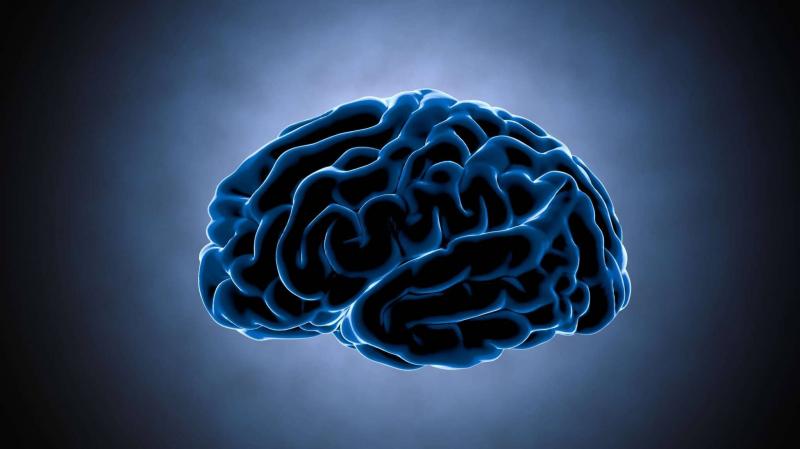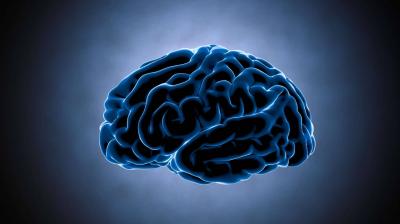Chinese scientists have made significant progress in the field of brain freezing, a technology that could potentially help humans live much longer than their natural lifespan. A new technique has allowed scientists to freeze human brain tissues and subsequently restore their normal function after thawing, which may pave the way for enhanced methods to study neurological conditions. The team successfully thawed previously frozen brain tissues without causing damage, potentially leading to the preservation of our brains indefinitely.
In the experiment, human embryonic stem cells were used to grow brain samples for three weeks, a period sufficient for the neurons to become functional. These samples were then immersed in various chemical mixtures, such as sugar, antifreeze, and chemical solvents. After freezing the samples in liquid nitrogen for 24 hours, scientists at Fudan University in Shanghai thawed the samples over two weeks, discovering that one of the mixtures kept the neurons intact and able to send signals as usual.
Since 80% of our brain cells are made up of water, ice crystals can sometimes form during freezing, potentially distorting and destroying sensitive brain cells, rendering them functionally useless upon thawing. Therefore, Professor Shao and his team set out to find a different substance to immerse brain tissues, which would keep them cool and prevent aging without causing issues with crystal formation.
As the samples thawed, the scientists monitored to determine which samples were recovered with the least damage. After several experiments, the team, led by Professor Chicheng Shao, a neuroscientist trained at Harvard University and currently at Fudan University in Shanghai, created a mixture they called MEDY, which stands for its four components: Methyl cellulose, Ethylene glycol, Dimethyl sulfoxide (DMSO), and Y27632, allowing them to freeze tissues without any damage.
This represents an important new step in the field of cryobiology, which faces the challenge of how to overcome ice crystal formation in brain tissues during the freezing process. This is not only a significant achievement for neuroscientists looking to study new medications, but the team also hopes that cryobiology could someday rise to the expectations set by science fiction films and facilitate the indefinite freezing of living humans, meaning they could potentially be revived many years later.
In the distant future, Professor Shao wrote that MEDY has the potential to freeze the entire brain. However, this comes with its own set of challenges, as transitioning from freezing an organ to an entire organ, such as the human brain, in experiments is complex for a variety of reasons.




